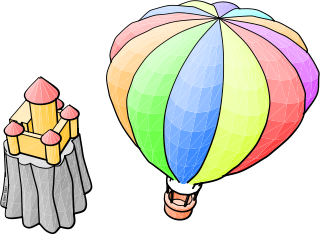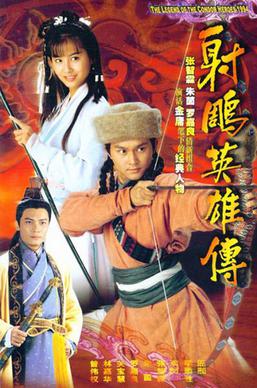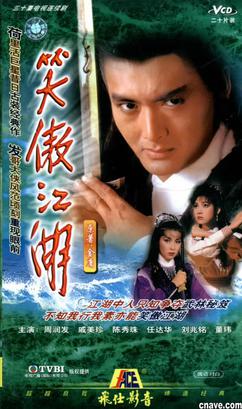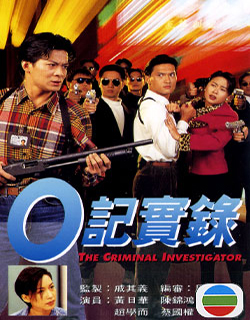
Smalltalk is a purely object oriented programming language (OOP) that was originally created in the 1970s for educational use, specifically for constructionist learning, but later found use in business. It was created at Xerox PARC by Learning Research Group (LRG) scientists, including Alan Kay, Dan Ingalls, Adele Goldberg, Ted Kaehler, Diana Merry, and Scott Wallace.

Squeak is an object-oriented, class-based, and reflective programming language. It was derived from Smalltalk-80 by a group that included some of Smalltalk-80's original developers, initially at Apple Computer, then at Walt Disney Imagineering, where it was intended for use in internal Disney projects. The group later was supported by HP Labs, SAP, and most recently, Y Combinator.
Write once, run anywhere (WORA), or sometimes Write once, run everywhere (WORE), was a 1995 slogan created by Sun Microsystems to illustrate the cross-platform benefits of the Java language. Ideally, this meant that a Java program could be developed on any device, compiled into standard bytecode, and be expected to run on any device equipped with a Java virtual machine (JVM). The installation of a JVM or Java interpreter on chips, devices, or software packages became an industry standard practice.
VisualAge is a family of computer integrated development environments from IBM, which supports multiple programming languages. VisualAge was first released in October 1993. It was discontinued on April 30, 2007, and its web page was removed in September 2011. VisualAge was also marketed as VisualAge Smalltalk, and in 2005, Instantiations, Inc. acquired the worldwide rights to this product. IBM has stated that XL C/C++ is the followup product to VisualAge.

Daniel Henry Holmes Ingalls Jr. is a pioneer of object-oriented computer programming and the principal architect, designer and implementer of five generations of Smalltalk environments. He designed the bytecoded virtual machine that made Smalltalk practical in 1976. He also invented bit blit, the general-purpose graphical operation that underlies most bitmap computer graphics systems today, and pop-up menus. He designed the generalizations of BitBlt to arbitrary color depth, with built-in scaling, rotation, and anti-aliasing. He made major contributions to the Squeak version of Smalltalk, including the original concept of a Smalltalk written in itself and made portable and efficient by a Smalltalk-to-C translator.
Etoys is a child-friendly computer environment and object-oriented prototype-based programming language for use in education.

Visual Basic (VB) before .NET, sometimes referred to as Classic Visual Basic, is a third-generation programming language, based on BASIC, and an integrated development environment (IDE), from Microsoft for Windows known for supporting rapid application development (RAD) of graphical user interface (GUI) applications, event-driven programming and both consumption and development of components via the Component Object Model (COM) technology.

Zhōu is a Chinese-language surname. In places which use the Wade–Giles romanization such as Taiwan, Zhou is usually spelled as Chou, and it may also be spelled as Chiau, Chau, Chao, Chew, Chow, Chiu, Cho, Chu, Jhou, Jou, Djou, Jue, Jow, Joe, or Tseu, depending on regional pronunciation.

The Legend of the Condor Heroes is a Hong Kong television series adapted from Louis Cha's novel of the same title. The series was first broadcast on TVB Jade in 1994.

The Condor Heroes 95 is a Hong Kong television series adapted from Louis Cha's novel The Return of the Condor Heroes. It was first broadcast on TVB Jade in Hong Kong in 1995. Many of the cast from The Legend of the Condor Heroes (1994) reprised their roles in this series, such as Lau Dan and Wayne Lai. In addition, Jason Pai reprised his breakthrough role as Kwok Ching, whom he previously portrayed in The Legend of the Condor Heroes (1976) and The Return of the Condor Heroes (1976).

New Heavenly Sword and Dragon Sabre is a Hong Kong television series adapted from Louis Cha's novel The Heaven Sword and Dragon Saber. The series was first broadcast on TVB Jade in Hong Kong in 1986.

The Heavenly Sword and Dragon Saber is a Hong Kong television series adapted from Louis Cha's novel of the same title. The series was released overseas in 2000 before broadcasting on TVB Jade in Hong Kong in 2001. It has the record for most TVB Best Actress winners, including Charmaine Sheh (2006/2014), Gigi Lai (2004), Michelle Yim (2008), Tavia Yeung (2012), and Kara Wai (2018).

The Smiling, Proud Wanderer is a Hong Kong wuxia television series adapted from Louis Cha's novel of the same title, starring Chow Yun-fat and Rebecca Chan. It was first broadcast on TVB Jade in Hong Kong from in 1984.

The Return of the Condor Heroes is a Hong Kong wuxia television series adapted from Louis Cha's novel of the same title, produced by TVB. It was first broadcast on TVB Jade from 31 October 1983 to 6 January 1984 in Hong Kong. A total of 50 episodes were produced. The serial was re-aired in 1988, 1990, 1997, 2013, and 2018 on TVB Jade.

The Criminal Investigator is a 1995 Hong Kong police procedural television drama. Produced by Jonathan Chik with a screenplay co-written and edited by Chow Yuk-ming, the drama is a TVB production. The story follows a team of investigators from the Organized Crime and Triad Bureau (OCTB) unit of the Royal Hong Kong Police Force.

The Romancing Star III is a 1989 Hong Kong romantic comedy film directed by Sherman Wong and starring Stanley Fung, Wong Jing, Lawrence Cheng, James Wong, Shing Fui-On, Sam Christopher Chan and guest stars Andy Lau, the star of The Romancing Star II

From Vegas to Macau III (賭城風雲III) is a 2016 Hong Kong action comedy film directed by Andrew Lau and Wong Jing and starring Chow Yun-fat, Andy Lau, Nick Cheung and Li Yuchun, with special appearances by Jacky Cheung and Carina Lau. The film is the third and final installment of the From Vegas to Macau series and entire of God of Gamblers franchise. The film was released on 6 February 2016 in Hong Kong and on 8 February 2016 in China.
Ted Kaehler is an American computer scientist known for his role in the development of several system methods. He is most noted for his contributions to the programming languages Smalltalk, Squeak, and Apple Computer's HyperCard system, and other technologies developed at Xerox PARC.













